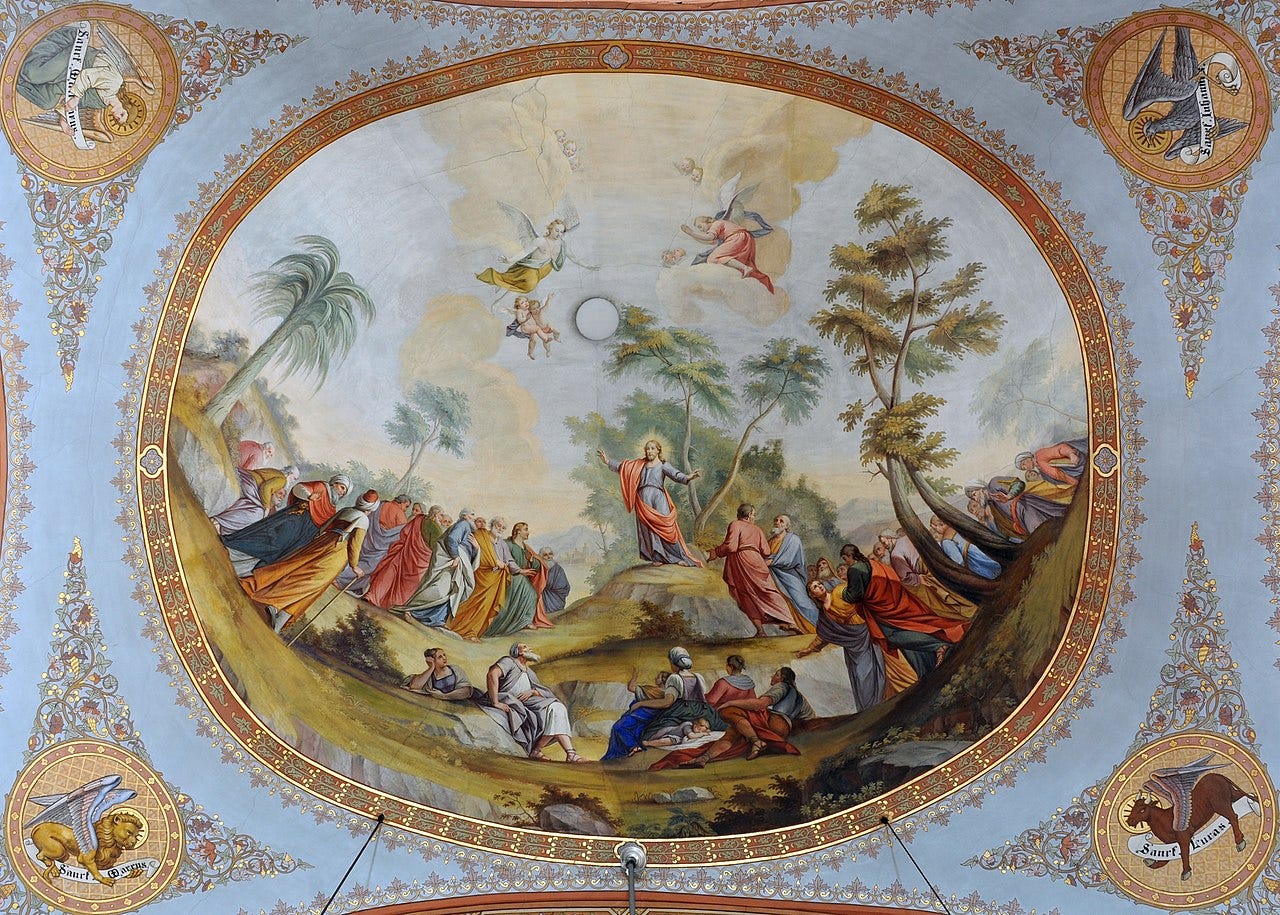James offers practical wisdom mirroring the Sermon on the Mount
Author traditionally believed to be a brother of Jesus

The author of the Epistle of James is often thought to be James the brother of Jesus, also a leader of the early Christian church in Jerusalem1. But since he doesn’t mention his relationship with Jesus in…


